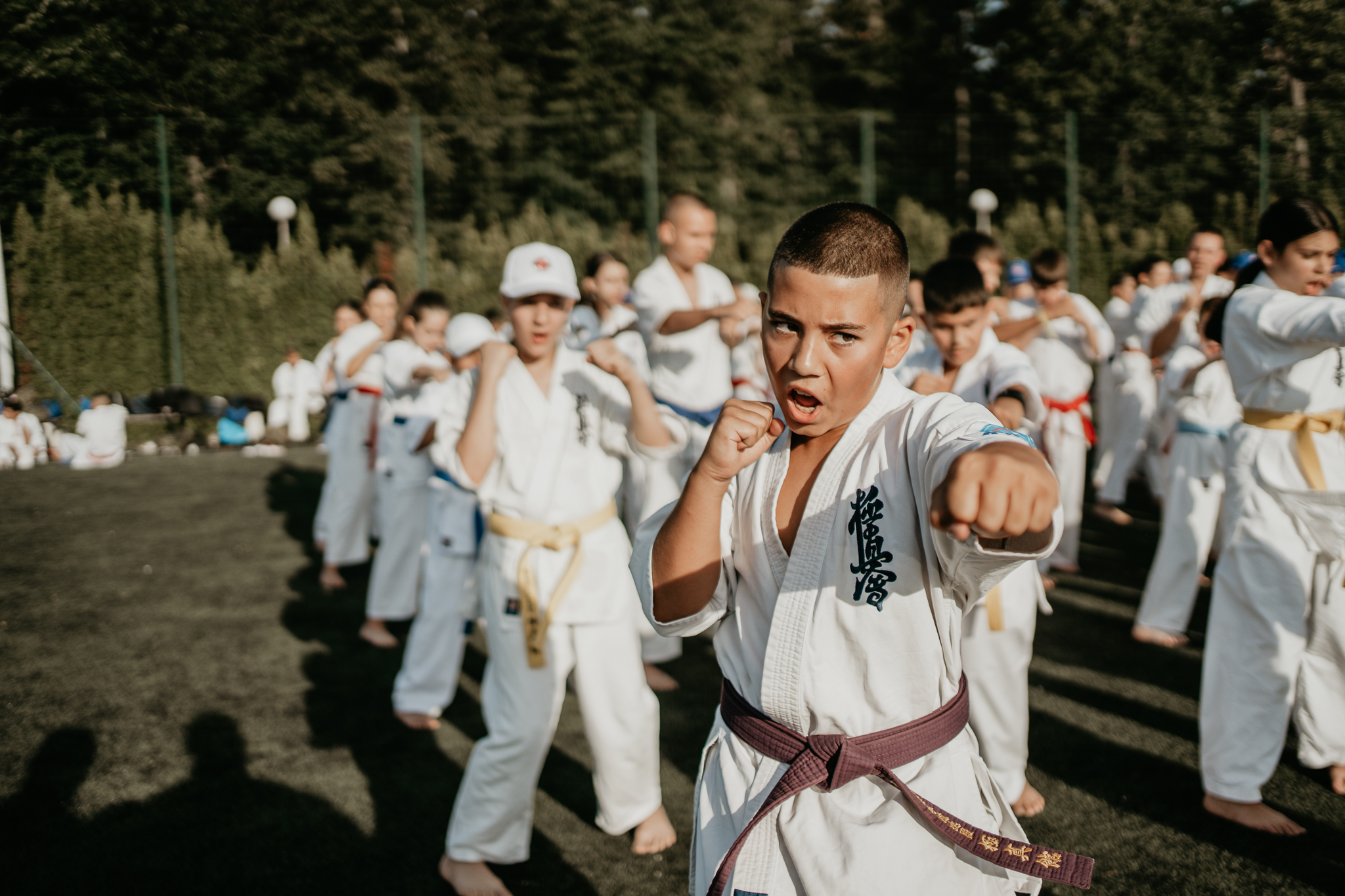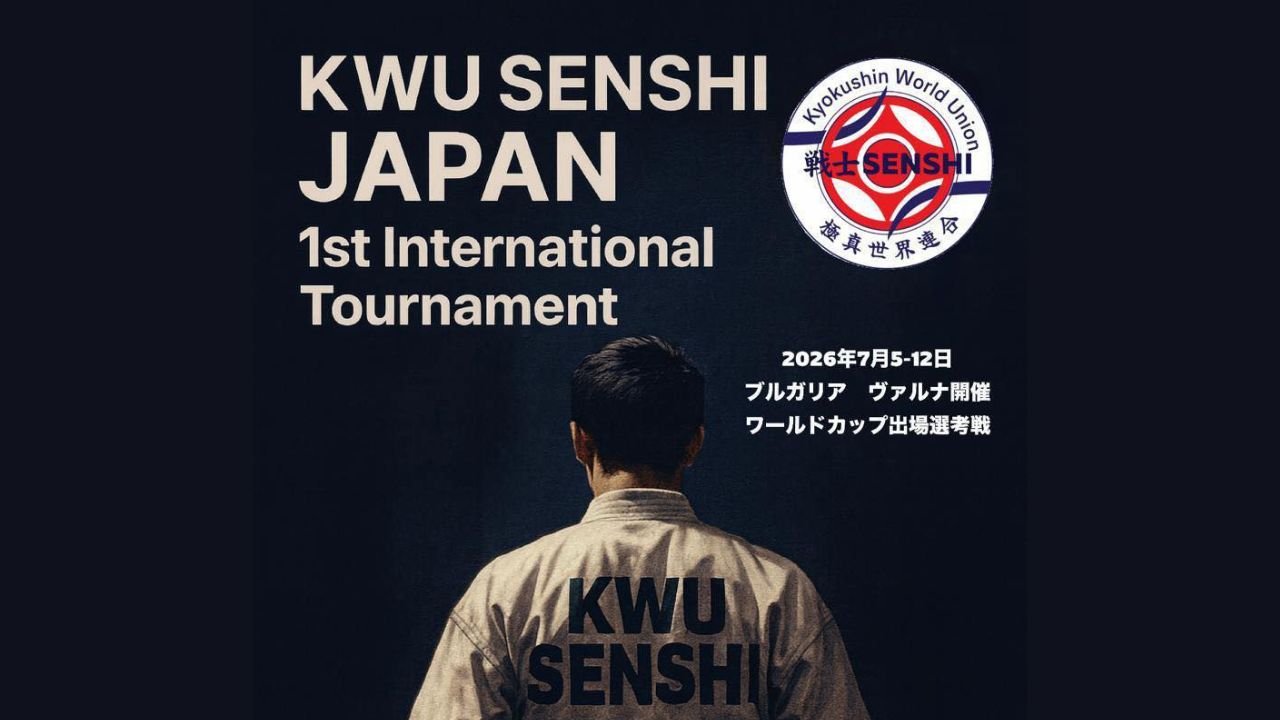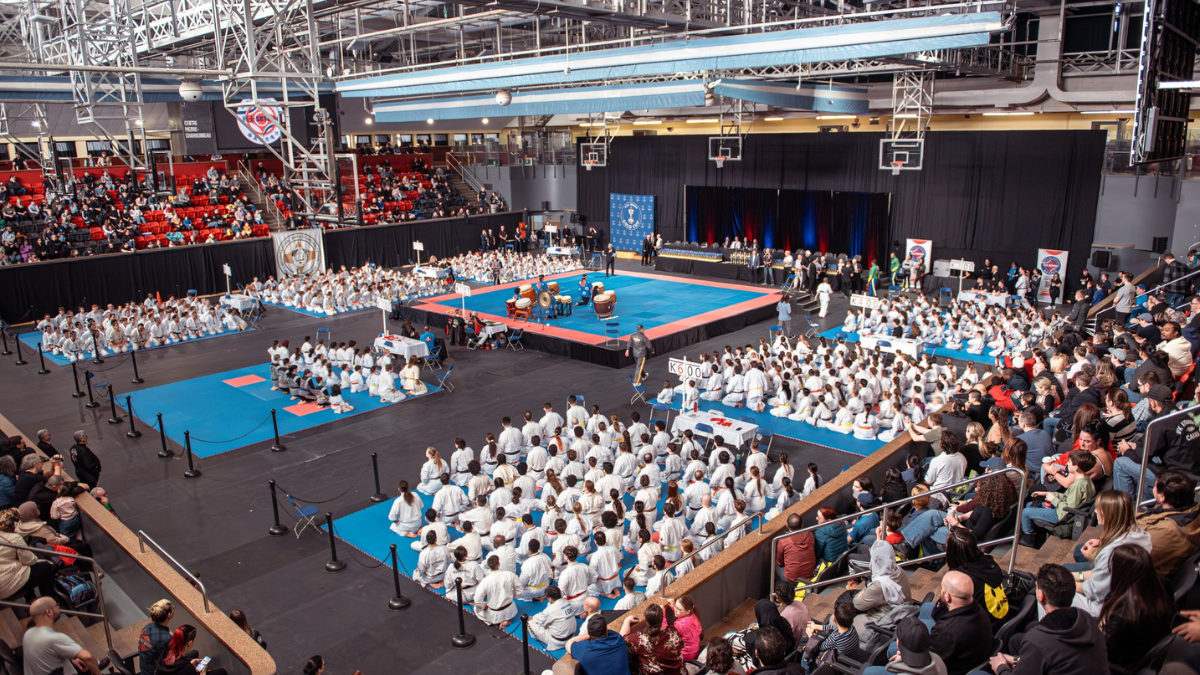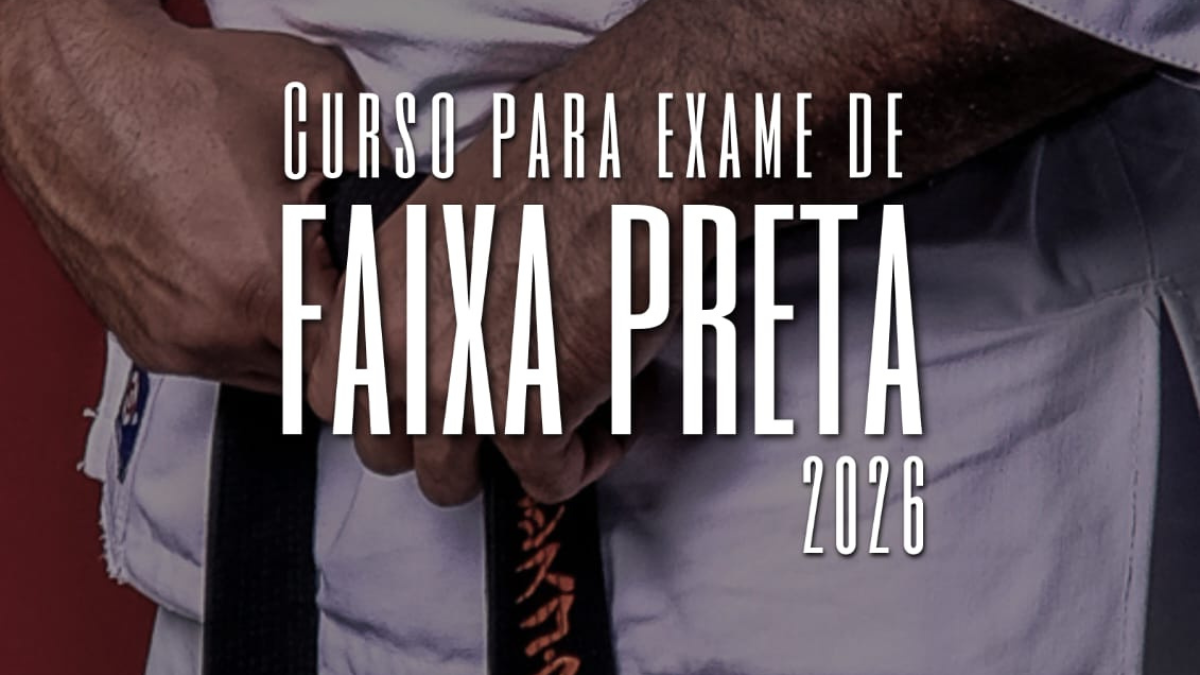
News

Can children learn Kyokushin karate?
Yes, children can definitely learn Kyokushin karate. In fact, many dojos offer specialized classes tailored for young learners. Here are several reasons why Kyokushin karate can be beneficial for children, along with considerations for parents and instructors:
Benefits of Kyokushin Karate for Children
1. Physical Fitness
Kyokushin karate involves rigorous physical activity that can help improve a child’s overall fitness. It enhances strength, flexibility, coordination, and endurance, promoting a healthy and active lifestyle.
2. Discipline and Focus
Karate requires a high level of discipline and concentration. Through structured training and repetition, children learn to focus their minds, follow instructions, and develop self-control, which can positively impact their academic and personal lives.
3. Self-Defense Skills
Learning self-defense techniques can empower children and boost their confidence. They acquire practical skills to protect themselves, which can be particularly reassuring for both the children and their parents.
4. Respect and Etiquette
Kyokushin karate emphasizes respect for instructors, peers, and oneself. Children learn important values such as humility, courtesy, and respect, which are integral to martial art and beneficial in daily interactions.
5. Goal Setting and Achievement
The belt system in Kyokushin karate provides clear goals for children to strive toward. As they progress through the ranks, they experience the satisfaction of achieving their goals, fostering a sense of accomplishment and motivation.
6. Social Skills
Karate classes provide a structured environment where children can interact with peers, work in teams, and build friendships. This helps develop their social skills and sense of camaraderie.
Considerations for Parents and Instructors
1. Age Appropriateness
Most dojos have age-specific classes, often starting for children as young as 4-6 years old. It’s essential to choose a program that is appropriate for the child’s age and developmental stage.
2. Qualified Instructors
Ensure that the dojo has experienced and qualified instructors who are skilled in teaching children. Instructors should be patient, encouraging, and capable of making the classes fun and engaging while maintaining discipline.
3. Safety
Safety is paramount in any martial arts training. Verify that the dojo has proper safety protocols, including the use of protective gear during sparring and a well-padded training environment. Children should be taught techniques progressively to minimize the risk of injury.
4. Adapted Curriculum
Children’s classes should have an adapted curriculum that focuses on fundamental techniques, basic katas, and simple self-defense moves. The training should be enjoyable and not overly intense to ensure children remain enthusiastic and motivated.
5. Parental Involvement
Parents should be involved in their child’s karate journey. Attending classes, providing encouragement, and understanding the dojo’s values and expectations can help reinforce the lessons learned in karate.
6. Consistency and Patience
Progress in karate takes time and dedication. Children may need consistent practice and encouragement to stay committed. Patience from both parents and instructors is crucial to supporting the child’s development and growth.
Kyokushin karate can be an excellent martial art for children, offering numerous physical, mental, and social benefits. By choosing a suitable dojo with qualified instructors and age-appropriate programs, children can safely and effectively learn Kyokushin karate, gaining skills and values that will serve them well throughout their lives.










